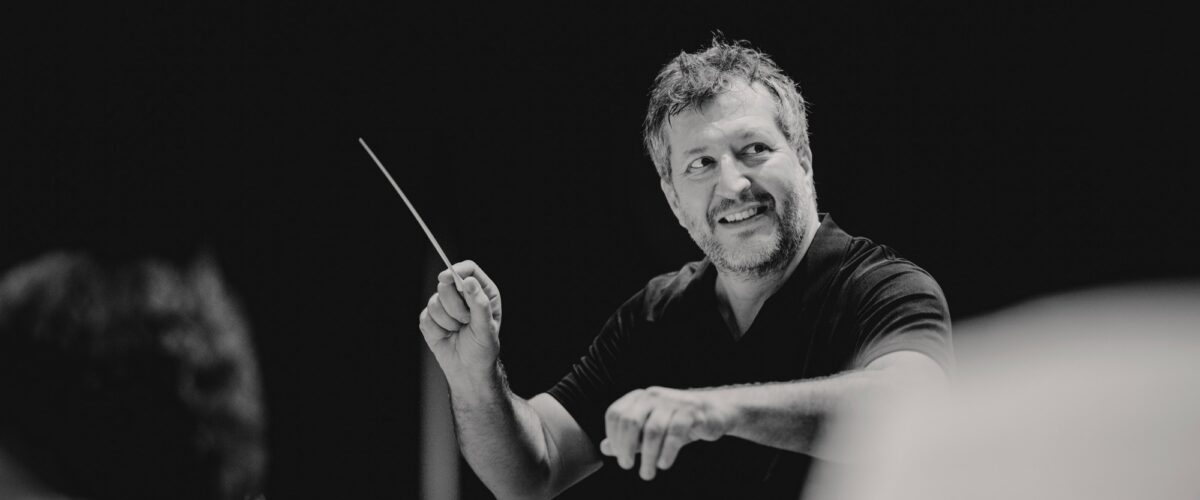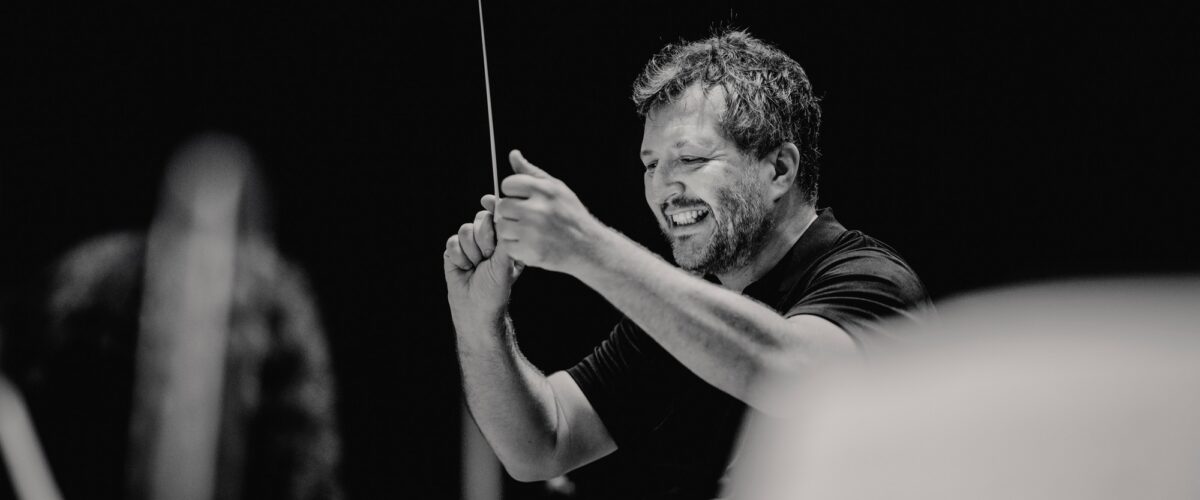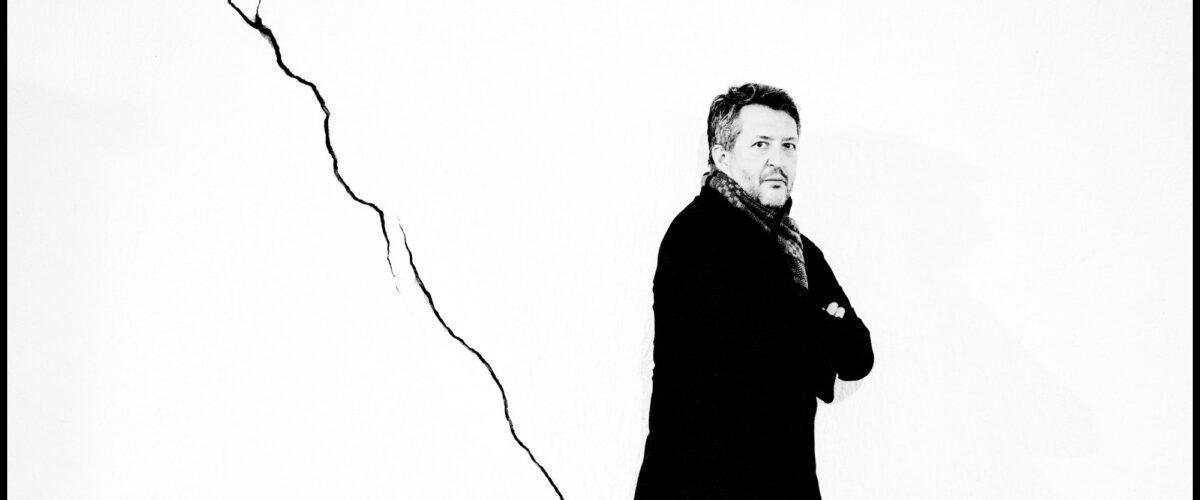TRANSCRIPT
Scofield: It would be a good time for me to ask you, because you have written a lot of instrumental music, and you have also written three very important operas, can you tell me why does a composer want to write operas?
Adès: That’s a very good question.
Scofield: Because it is difficult, isn’t it?
Adès: It is difficult, and it’s also very time consuming to write the opera, and then to orchestrate. It’s really years of work. I suppose opera is, in a way, you can engage the most with the widest kind of audience, and you can really put your music to the service of creating some kind of universe, and some kind of real statement about the world, about life.
Scofield: A very, very challenging kind of work though, isn’t it?
Adès: Yes it is, because you have to, at the same time, make the story clear and all the characters clear, and to make the music strong enough. It’s a balance actually between the story and the music, so they have to be equally important. One mustn’t overwhelm the other, and they should be hand in hand.
Scofield: And a very difficult balance to get right too.
Adès: Yes, and of course opera is the most complex of all the art forms. You have all these different things, the staging, the characters on stage, the orchestra in the pit, a lot of people, the chorus, the costumes, the lighting, the direction, the scene… I think the most complex, in some ways, of all the art forms. That’s what makes it so exciting as well.
Scofield: Yes, I think you’re quite right about that. Let me put a proposition to you, and I’d be very grateful for your feedback. When an opera does not succeed, unfortunately, when it fails as many do in performances, and I think this is true throughout history as much as it is today, it often fails maybe less due to the fault of the music, and more because of a weakness of the storytelling. Agree or not?
Adès: I’d look at it a slightly different way. I think that can certainly be the case, but many times I’d see it like this, that at a moment where each part of it has to help the other part. Let’s say, there’s a difficult moment in the story. That’s the moment when you want the music to step forward and take the strain. Or when the music has to take a backseat for some reason, because there’s something strong in the story, then the libretto should step up and produce something interesting, so it can often work the best when one thing is compensating for another thing. You see what I mean? You have that in someone like Wagner, where there may be absurd things in the story, but that’s the moment when he makes something incredible happen in the orchestra, and you don’t notice that it’s actually absurd in the story!
Read more about Thomas Adès on their OFFICIAL WEBSITE.




